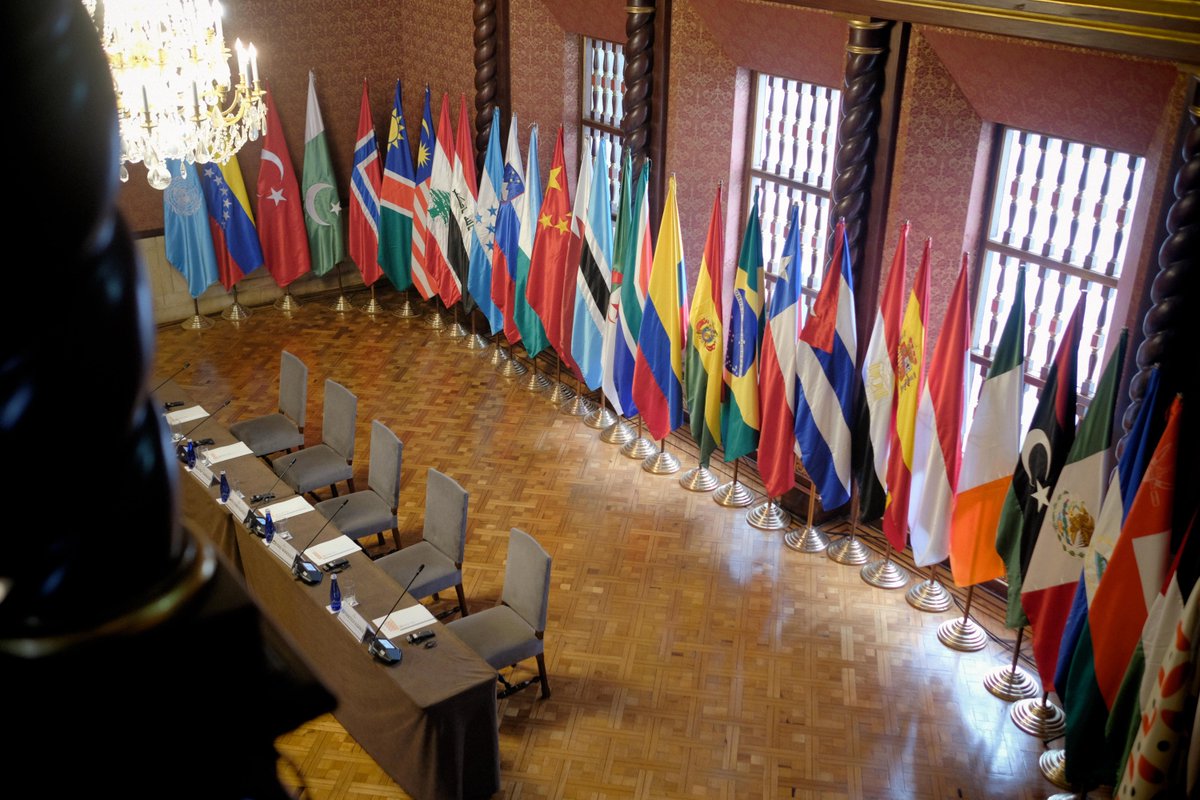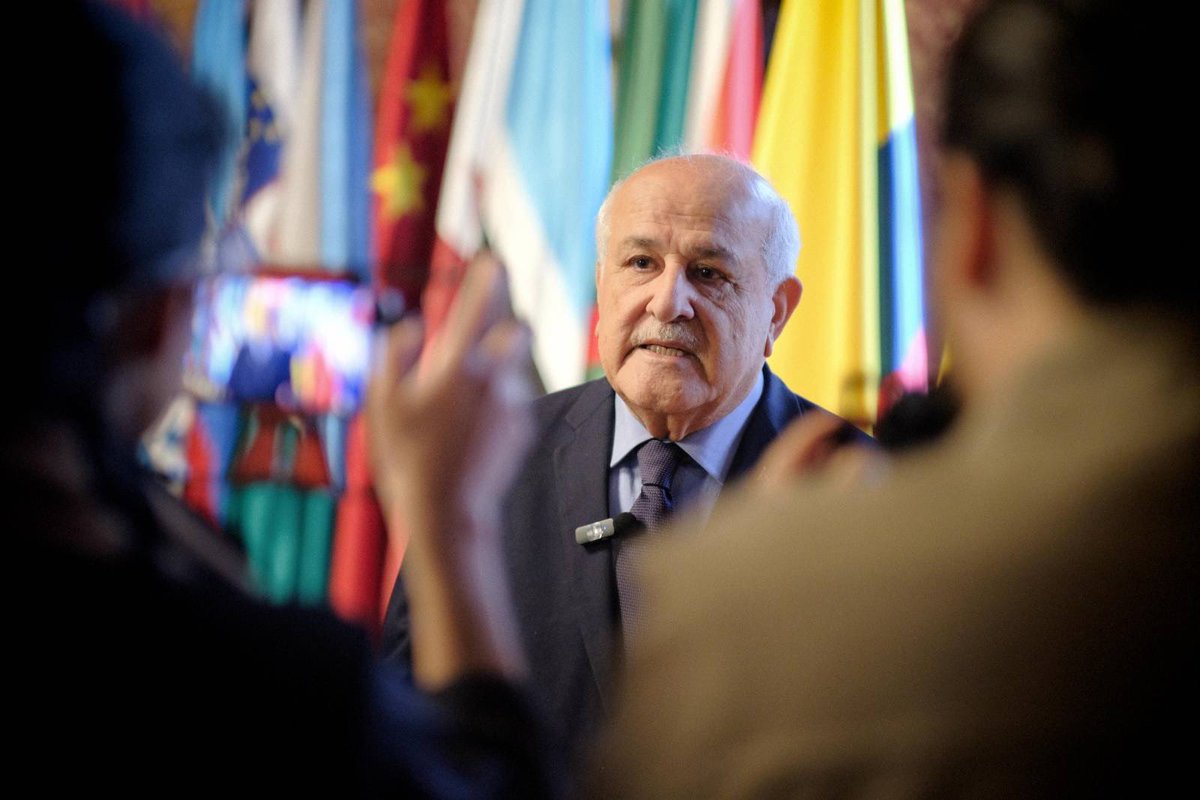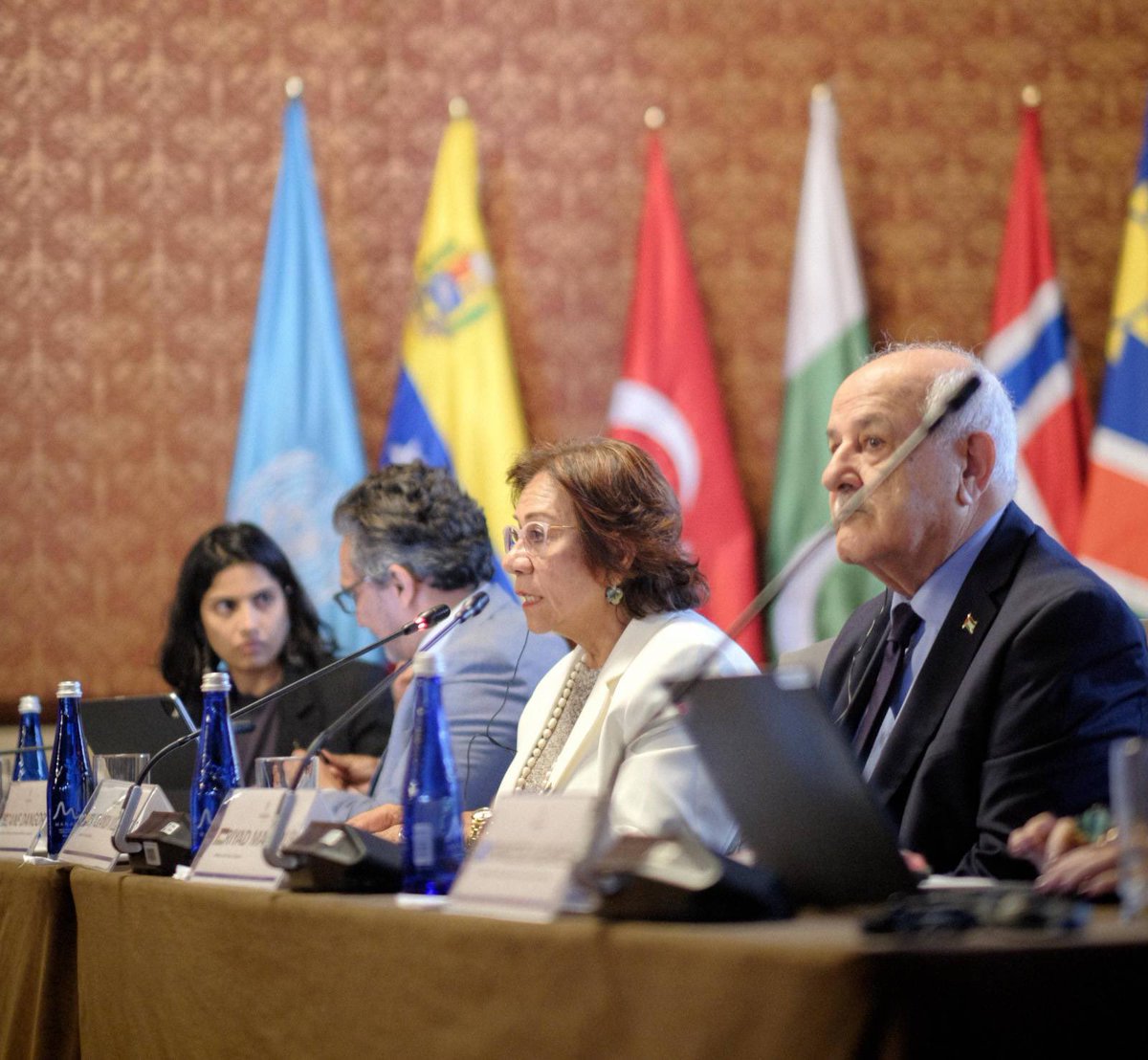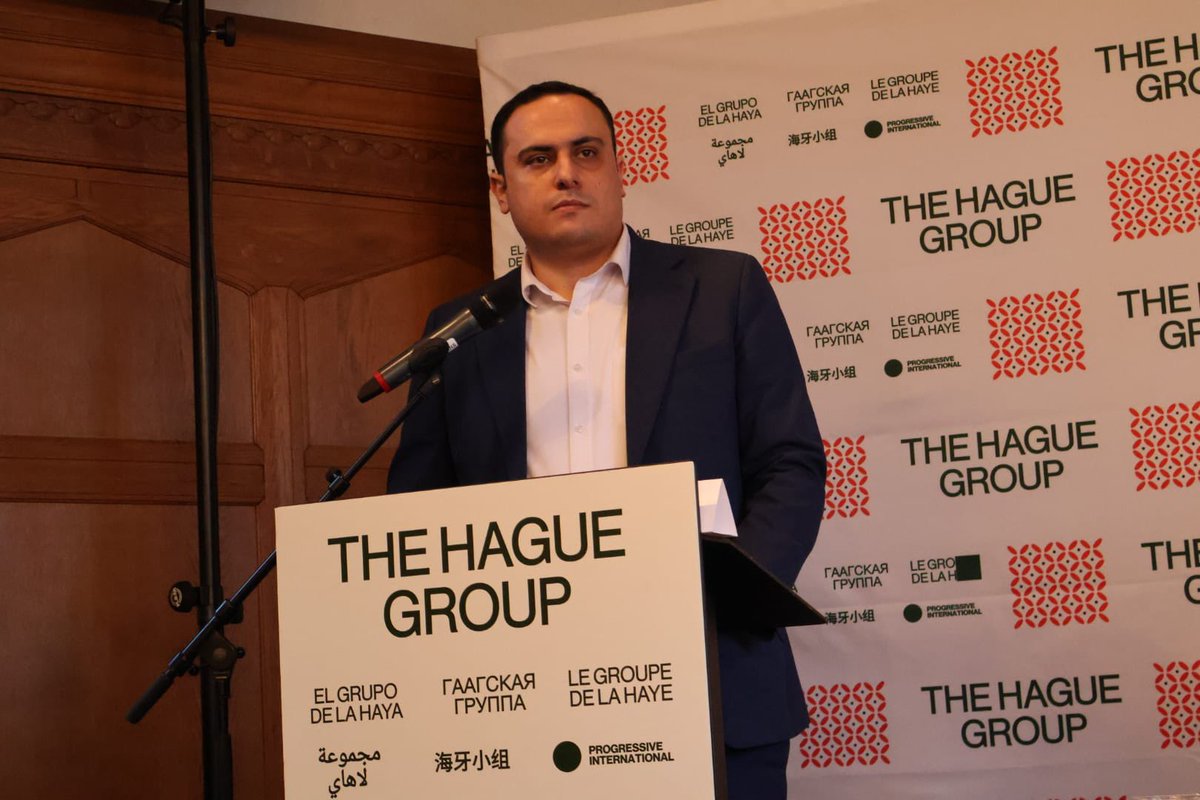On May Day, we celebrate the historic victories of the labour movement, and honour those who continue to struggle for a better world today. 

What began as a protest for an eight-hour workday in the 19th century has grown into a global force.
That movement would establish key pillars of the rights many enjoy today, from the five-day workweek to the minimum wage.
That movement would establish key pillars of the rights many enjoy today, from the five-day workweek to the minimum wage.

Labour has always been on the vanguard of social and political change — in creating our world, workers hold the seeds of its transformation. 

Today, we honour all workers — from those who once broke the shackles of capital to construct new societies, to those fighting for dignity and rights in the face of brutal exploitation today. 

"As long as the struggle of the workers against the bourgeoisie and the ruling class continues, as long as all demands are not met," Rosa Luxemburg wrote in 1894, "May Day will be the yearly expression of these demands."
Workers and oppressed peoples of the world, unite!
Workers and oppressed peoples of the world, unite!

• • •
Missing some Tweet in this thread? You can try to
force a refresh

















